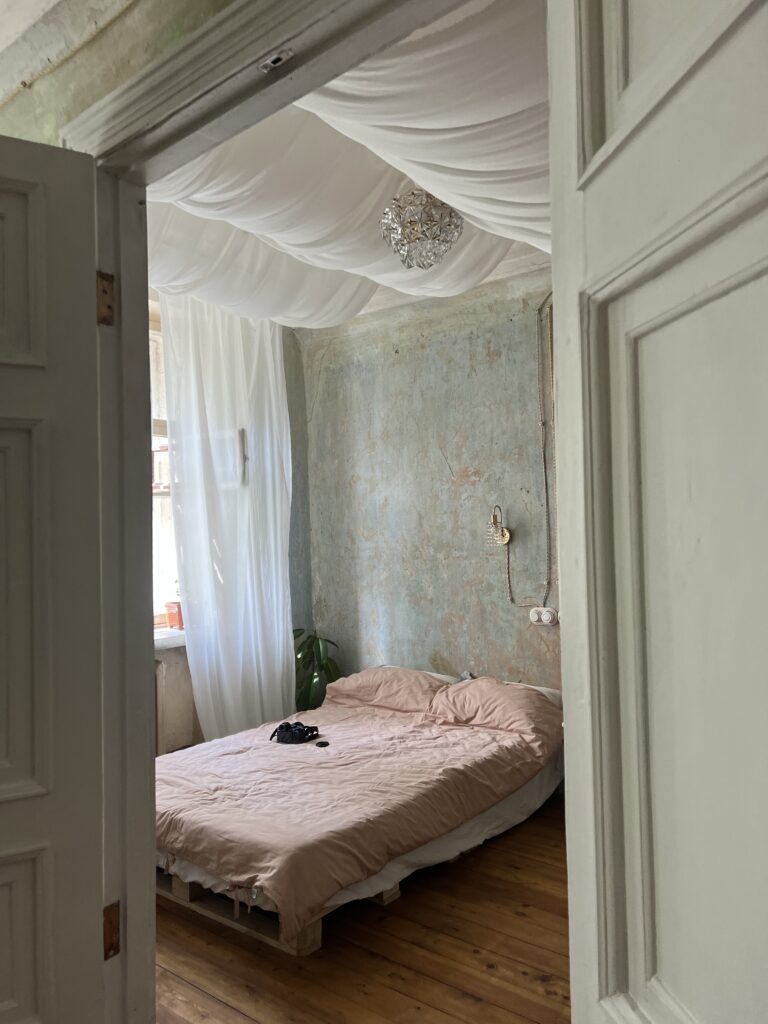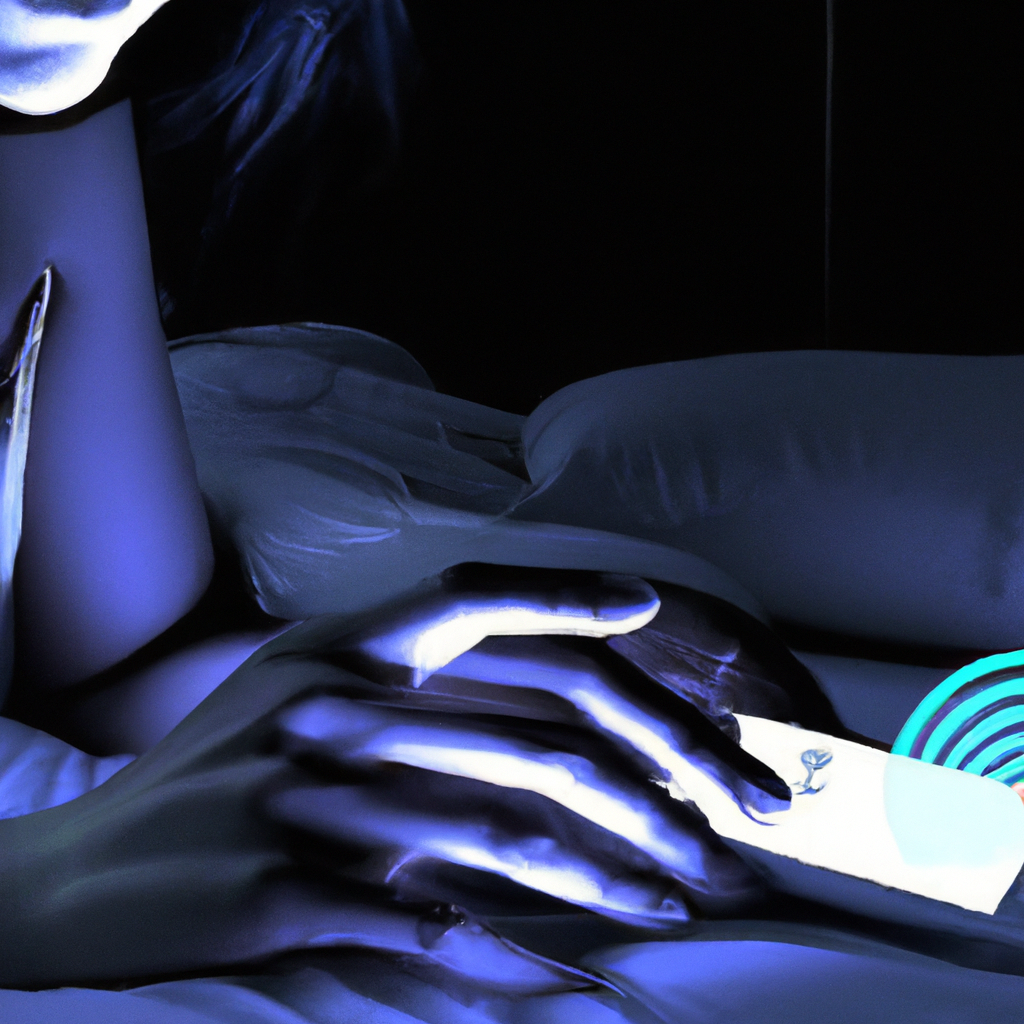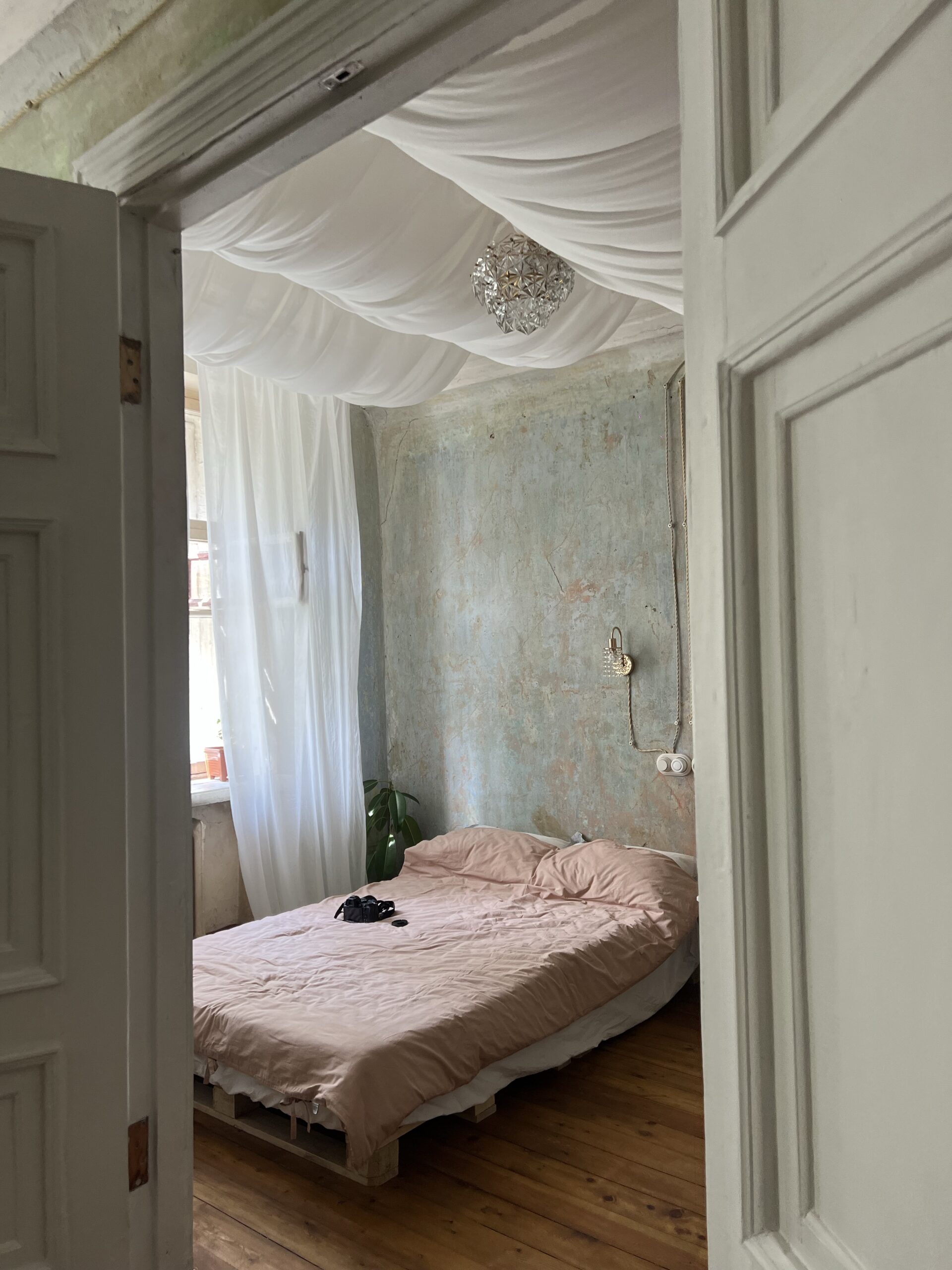Have you ever wondered about the privacy risks associated with having voice assistants in your bedroom? In this article, we will delve into the potential implications of using these convenient devices in such an intimate space. From the possibility of accidental recording to the potential breach of personal information, we will explore the concerns and precautions you should consider when incorporating voice assistants into your bedroom. So, let’s dive in and uncover what you need to know about the privacy risks of voice assistants in the bedroom.

1. Introduction
Voice assistants have become an integral part of our daily lives, offering convenience and efficiency in various tasks. However, the increasing presence of these devices in our most intimate spaces, such as the bedroom, raises significant privacy concerns. This article will explore the privacy risks associated with using voice assistants in the bedroom, examine case studies of privacy breaches involving popular voice assistants, discuss the legal and ethical considerations surrounding these devices, and provide actionable strategies to mitigate privacy risks. By understanding these implications and implementing best practices, you can maintain your privacy and enjoy the benefits offered by voice assistants.
2. Privacy Risks of Voice Assistants in the Bedroom
2.1. Recording and Storing Personal Conversations
One major privacy concern when using voice assistants in the bedroom is the potential for recording and storing personal conversations. Voice assistants are designed to detect activation commands and respond accordingly, but there have been instances of unintentional activations that result in the device recording and storing private conversations without the user’s knowledge or consent. This raises significant questions about the security of these recordings and the potential for unauthorized access to sensitive information.
2.2. Access to Private Information
Voice assistants often require access to personal information, such as contacts, calendar events, and even financial data, to provide personalized services. However, the bedroom is a space where individuals are likely to discuss intimate and sensitive matters. Granting access to this private information leaves users vulnerable to potential misuse by device manufacturers or third-party entities.
2.3. Unauthorized Access and Hacking
Another serious privacy risk associated with voice assistants in the bedroom is the potential for unauthorized access and hacking. While manufacturers implement security measures, there have been instances where hackers have found vulnerabilities and gained access to voice assistant systems. This unauthorized access could lead to the exposure of private conversations, personal information, and even remote control of other smart devices within your bedroom.
2.4. Tracking and Profiling Users
Voice assistants often collect data on users’ preferences, behaviors, and patterns to improve their functionality. However, in the bedroom, conversations and activities can provide intimate insights into individuals’ personal lives. The accumulation of such data raises concerns about the potential for tracking and profiling users, potentially leading to intrusive targeted advertising or even more serious privacy violations.
2.5. Data Sharing with Third Parties
Voice assistants are typically connected to the internet and interact with various third-party services to provide a wide range of functionalities. This connection raises the possibility of data sharing with these third parties, which may have their own privacy policies and data handling practices. Users may not be aware of the extent to which their data is being shared and how it may be used by these entities.

3. Case Studies on Privacy Breaches
3.1. Amazon Alexa
Amazon’s voice assistant, Alexa, has faced scrutiny over privacy breaches. In 2019, it was revealed that Amazon employs human reviewers to listen to and transcribe recordings captured by Alexa-enabled devices. The revelation raised concerns about the privacy of users’ conversations and the potential for unauthorized access to these recordings.
3.2. Google Home
Google Home devices have also come under scrutiny for privacy breaches. In 2019, it was discovered that contractors hired by Google were listening to recordings of users’ interactions with their Google Home devices. This sparked concerns about data privacy and the potential for unauthorized access to users’ personal information.
3.3. Apple HomePod
Apple has not been immune to privacy concerns surrounding voice assistants. In 2019, it was revealed that Apple’s voice assistant, Siri, also used human reviewers to listen to and transcribe recordings. This raised concerns about the privacy of users’ conversations and the potential for unauthorized access to sensitive information.
4. Legal and Ethical Considerations
4.1. Consent and User Awareness
Obtaining user consent and ensuring user awareness are crucial aspects of maintaining privacy with voice assistants. Manufacturers need to clearly communicate the data collection and storage practices of their devices and obtain informed consent from users. Transparent disclosure and user education can empower individuals to make informed decisions about the use of voice assistants in their bedrooms.
4.2. Data Protection Laws and Regulations
Data protection laws and regulations play a vital role in safeguarding user privacy. Legislators should continually review and update existing privacy laws to keep pace with advancements in voice assistant technology. Strong regulations can enforce fair data practices, protect sensitive user information, and hold manufacturers accountable for any privacy breaches.
4.3. Manufacturer Responsibility
Manufacturers of voice assistants bear a significant responsibility to protect user privacy. They should continually assess and improve their devices’ security features, provide robust privacy settings, and promptly address any vulnerabilities or privacy concerns that may arise. Manufacturers should prioritize privacy by design, ensuring that their devices are built with privacy as a central consideration.
4.4. Balancing Convenience and Privacy
Finding a balance between convenience and privacy is a crucial ethical consideration when using voice assistants. Users should evaluate the potential privacy risks associated with voice assistants in the bedroom and make informed decisions about the level of convenience they are willing to sacrifice for enhanced privacy protections.

5. Mitigating Privacy Risks
5.1. Disable Voice Assistants in the Bedroom
One effective strategy for mitigating privacy risks is to disable voice assistants in the bedroom. By physically disconnecting or disabling the device, you can ensure that your private conversations and activities remain within the confines of the bedroom.
5.2. Review and Modify Privacy Settings
Reviewing and modifying privacy settings offered by voice assistants is essential. Familiarize yourself with the privacy options available and adjust them according to your comfort level. Disabling features that are not critical to your needs can minimize the potential for privacy breaches.
5.3. Regularly Check for Updates and Patches
Manufacturers often release updates and patches to address security vulnerabilities. Regularly check for and apply these updates to your voice assistant device. Keeping your device up to date helps protect against potential hacking and unauthorized access.
5.4. Opt for Offline Voice Assistants
Consider using voice assistants that operate offline or rely less on cloud-based services. Offline voice assistants process your commands locally without sending sensitive data to remote servers, reducing the risk of unauthorized access and data sharing.
5.5. Consider Alternative Privacy-Focused Voice Assistants
If privacy is a top concern, consider exploring alternative voice assistants that prioritize privacy and data security. Some emerging voice assistant technologies focus on providing robust privacy protections, offering encrypted communication, and minimizing data collection and sharing.
6. Best Practices for Maintaining Privacy in the Bedroom
6.1. Have Explicit Conversations Elsewhere
To minimize the risk of unintentional recordings, have explicit conversations outside the range of your voice assistant device. While it may be convenient to use voice assistants for various tasks, sensitive discussions are best kept in private spaces where the devices are not present.
6.2. Minimize Sensitive Commands
Be mindful of the commands and requests you give to your voice assistant in the bedroom. Minimize the disclosure of sensitive information or avoid giving commands that could potentially compromise your privacy. Exercise caution when discussing topics that you would not want to be recorded or shared.
6.3. Be Mindful of Voice Activation Settings
Review the voice activation settings of your device and consider adjusting them to reduce the risk of accidental activations. Some devices offer options to adjust sensitivity levels or change activation phrases to minimize the chances of unintentionally triggering the voice assistant.
6.4. Clear Voice Assistant History Regularly
Voice assistants typically store a history of interactions and commands issued by users. Regularly review and clear this history to minimize the potential for unauthorized access or data tracking. Clearing the history can help maintain a higher level of privacy within the confines of your bedroom.
6.5. Educate and Inform Household Members
Ensure that all household members are aware of the potential privacy risks associated with voice assistants in the bedroom. Educate them about the best practices for maintaining privacy, such as minimizing sensitive conversations and reviewing privacy settings. Open communication and awareness can collectively contribute to a safer and more private environment.

7. Future Trends and Developments
7.1. Advancements in Voice Recognition Technology
Advancements in voice recognition technology hold the potential for improving privacy protections. Ongoing research and development aim to enhance the accuracy of voice recognition and reduce unintentional activations and false positives, further safeguarding user privacy.
7.2. Enhanced Privacy Controls
Manufacturers are increasingly recognizing the importance of privacy and are implementing enhanced privacy controls in their voice assistants. These controls offer users greater transparency and control over their data, further improving privacy protections.
7.3. Increasing User Awareness and Education
As users become more aware of the privacy risks associated with voice assistants, there is a growing demand for increased transparency and accountability from manufacturers. User education and awareness campaigns play a crucial role in empowering individuals to make informed decisions about using voice assistants and protecting their privacy.
8. Conclusion
While voice assistants offer unparalleled convenience, their use in the bedroom raises significant privacy concerns. The risks associated with recording and storing personal conversations, access to private information, unauthorized access, tracking and profiling, and data sharing with third parties necessitate careful consideration and mitigation strategies. By disabling voice assistants, reviewing privacy settings, keeping devices updated, using offline alternatives, and adopting best practices, users can strike a balance between convenience and privacy in their bedrooms. Furthermore, legal and ethical considerations, as well as future trends and developments, emphasize the importance of user awareness and proactive measures to protect privacy in the age of voice assistants.

